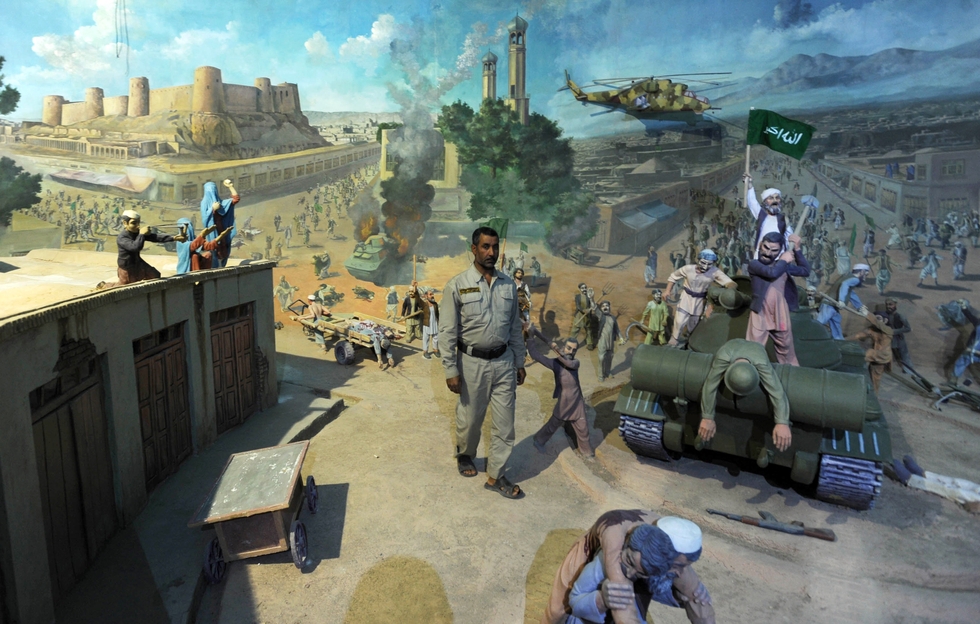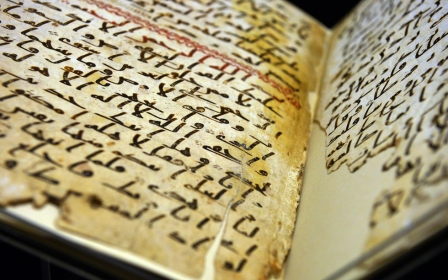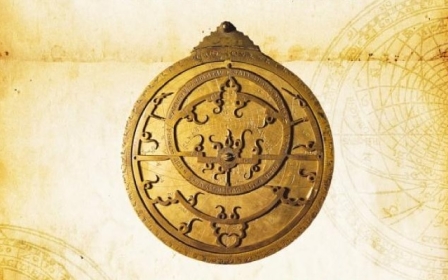When is it permissible to fight in Islam?

Many Western observers contend that the concept of jihad in the Islamic tradition justifies perpetual warring and violence within and outside of the borders of the Muslim world.
In Arabic, jihad means "struggle". In the Quran, jihad is used in the context of "striving in the way of God," most of the time with no connection to engaging in war. Warfare in the Quran appears as either qital or harb. However, in the centuries following the emergence of Islam, Islamic jurisprudence developed the concept of jihad to fighting against non-believers as a duty of Muslims.
Jihad according to many Western scholars is interpreted as "holy war". But the Arabic word for "holy," muqadas, is never applied to "war," harb, in any Islamic classical texts.
There are over 100 Quranic verses urging believers to fight against non-believers. These verses fall into two broad categories. Those that can be interpreted as defensive and urge Muslims to fight against aggression and oppression, and those that can be interpreted as offensive and command them to fight against unbelievers until Islam becomes the established religion.
A typical verse that refers to fighting as self-defence read as follows:
Permission to take up arms is hereby given to those who are attacked because they have been oppressed – Allah indeed has power to grant them victory – those who have been unjustly driven from their homes, only because they said: "Our Lord is Allah" (22:39-40)
The verse permits, but does not command, armed struggle for those who have been attacked and compelled to leave their homes because of their beliefs. Several additional verses containing authorisation of defensive armed struggle when Muslims are attacked by non-believers and idolaters can be found in the Quran.
Osama bin Laden repeatedly emphasised that his commands were in the context of a defensive jihad against the enemy. In his "Letter to the Americans," he quoted the Quran as saying: "Those who have been attacked are permitted to take up arms because they have been wronged – God has the power to help them to victory." Bin Laden referred to American bases in Saudi Arabia as "humiliating" and a symbol of occupation of "the holiest parts of the Islamic lands".
Conversely, the controversial scholar Sayyed Qutb rejected the argument that jihad is only defensive in nature. In his manifesto Milestones, Qutb refers to several verses to support the idea that the ultimate goal of jihad is to eliminate the subjection to anyone but God (Allah), including the following:
Fight those who do not believe in Allah, nor in the latter day, nor do they prohibit what Allah and His Apostle have prohibited, nor follow the religion of truth, out of those who have been given the Book, until they pay tax in acknowledgment of superiority and they are in a state of subjection (9:29)
Qutb argues that those who see jihad as a defensive war are affected by Orientalists (advocates of a perceived patronising Western attitude towards Eastern societies that is used to justify Western imperialism) who have altered the concept of jihad.
However, some renowned Islamic scholars see Qutb’s interpretation as problematic. Mahmud Shaltut, a key Islamic scholar in the 1950s, refers to the same verse but contends that, according to the verse, being a non-believer does not alone constitute a sufficient reason for fighting. He argued that "if this verse had meant that they [non–believers] must be fought because of their unbelief and that unbelief had been the reason why they should be fought, then it would have been laid down that the aim of fighting consisted in their conversion to Islam. Collecting poll taxes from them would not have been allowed in that case and they would not have been allowed to abide by their own religion." Shalut asserted that no single verse in the Quran exists that affirms conversion as an aim of fighting non-believers.
In response to the common Western image that Islam is a religion of the sword, Fazlur Rahman, another reputable Muslim scholar, argues that what was spread by the sword was not the religion of Islam, but the political domain of Islam. "There is no single parallel in Islamic history to the forcible conversion to Christianity ... en masse carried out by Charlemagne ... although, of course, isolated cases of such conversions may have taken place," writes Rahman.
In fact, forceful conversion is explicitly prohibited in the Quran. "There is no compulsion in matters of faith" (2:256, 10: 99, 18: 29), and if unbelievers "send you guarantees of peace, know that God has not given a licence to fight them" (4:90-94).
Another dimension of jihad which may be used by extremists to take up arms is to uproot injustice and inequality in social relations and to create an egalitarian social order. The establishment of qist (justice) is considered as the mission of all prophets, according to the Quran. "We sent our messengers with proofs … in order to establish justice (qist)" (57:25). However, there is no direct mention of establishing qist as the aim of warfare in the Quran.
Nevertheless, several modern authors hold that the idea of jihad as bellum justum can clearly be traced in classical Islamic texts. In this respect, those scholars refer to Ibn Khaldun (d. 1406), who distinguishes between hurub jihad wa-adl (wars of jihad and justice) and hurub baghy va fitna (wars of sedition and persecution).
Some scholars argue that this interpretation may legitimise revolt but it does not justify terrorist attacks. Several Quranic verses illustrate that, according to the Quran, the murder of an innocent non-combatant is prohibited. "Whoever kills a person [unjustly] … it is as though he has killed all mankind" (5:32). Based on those verses, some scholars view suicide bombers not as martyrs but sinners.
In addition, Muslims are also urged to avoid inflicting harm on animals, plants or generally the civilian infrastructure of those they are fighting.
While a significant number of contemporary jurists and scholars posit that jihad has only defensive applications, others who follow Qutb’s perspective view it as applicable both to offensive and defensive situations.
But even if the concept of jihad is strictly limited to defensive wars, some extremist leaders may use the concept of jihad to mobilise their followers to resort to violence by drawing on: 1) interference of Western states in Muslim countries’ affairs - such as supporting corrupt rulers in the Islamic world, invading Muslim countries, and the US’s unconditional support for Israel; 2) Israel’s own aggressive and humiliating policies; and 3) the lifestyle and actions of the corrupt leaders in the Muslim countries.
They refer to the concept of umma (the transnational Islamic community) and say that the umma is in fact attacked and therefore jihad is justified. However, their success heavily relies on political and economic cleavages. Studies show that historically, material conditions interpreted as inequalities and/or injustices have played a big role in militant Islamic movements, sometimes bigger than theology.
As such, there are groups and individuals who join the militant Islamic movements that are motivated by their poor material conditions rather than religious teachings.
- Shahir Shahidsaless is an Iranian-Canadian political analyst and freelance journalist writing about Iranian domestic and foreign affairs, the Middle East, and the US foreign policy in the region. He is the co-author of Iran and the United States: An Insider’s View on the Failed Past and the Road to Peace. He is a contributor to several websites with focus on the Middle East as well as the Huffington Post. He also regularly writes for BBC Persian. He tweets @SShahisaless.
The views expressed in this article belong to the author and do not necessarily reflect the editorial policy of Middle East Eye.
Photo: An employee of the Manzar-e-Jahad (Jihad Museum) poses in front of a diorama depicting the Mujahedin war against the Soviet Union in Herat on 27 April, 2012 (AFP).
New MEE newsletter: Jerusalem Dispatch
Sign up to get the latest insights and analysis on Israel-Palestine, alongside Turkey Unpacked and other MEE newsletters
Middle East Eye delivers independent and unrivalled coverage and analysis of the Middle East, North Africa and beyond. To learn more about republishing this content and the associated fees, please fill out this form. More about MEE can be found here.





